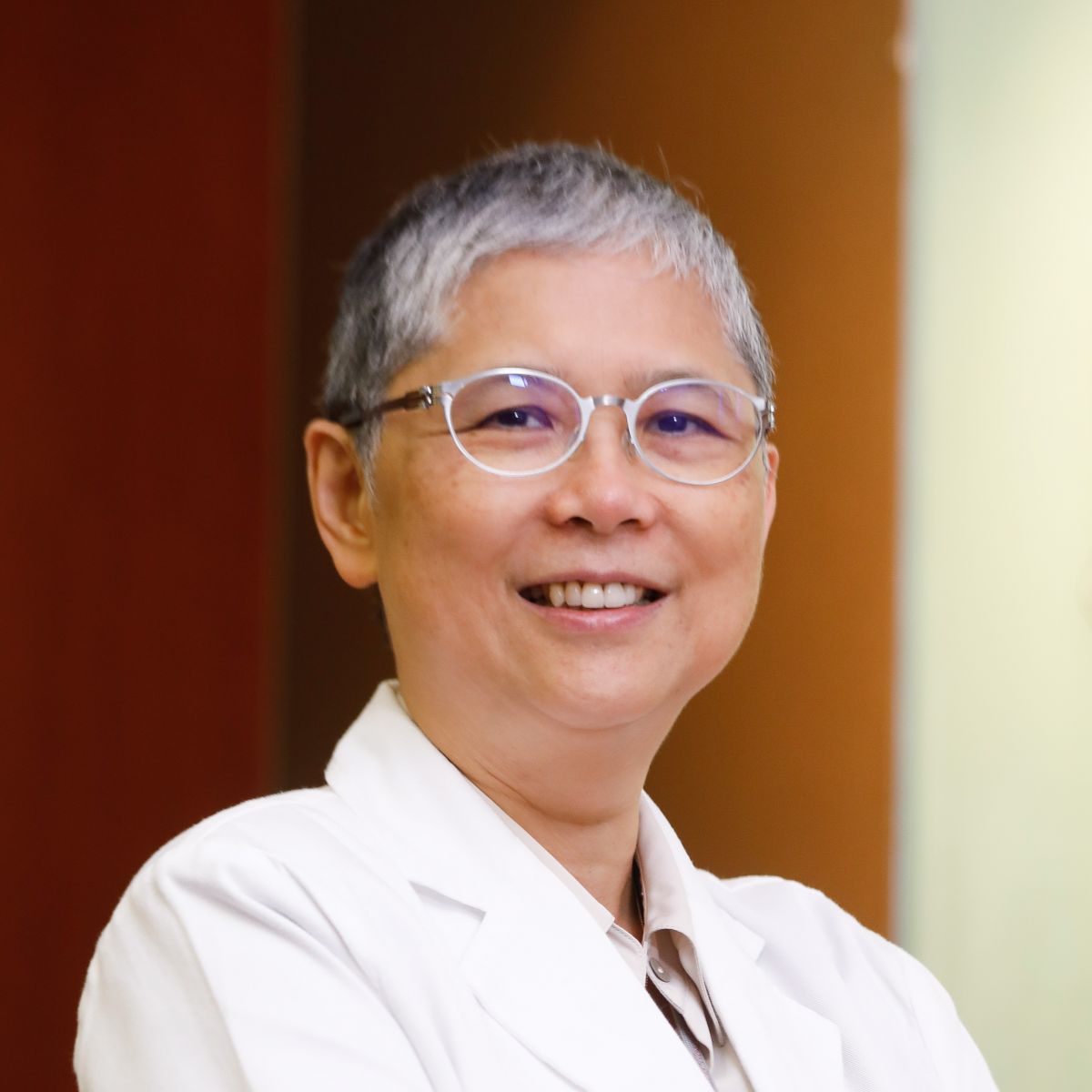Practise Medicine with Empathy and Develop Vaccines to Protect Women
“Why do people get ill?” This is a question that Professor Hextan Ngan, Former Chair Professor and Head of Department of Obstetrics and Gynaecology of The University of Hong Kong, started to think of since she was young. Long hospitalization and frequent visits to hospitals was a part of her childhood, through which she gradually changed her feelings towards illnesses – from scared to accepted and then to curious. In this regard, she has developed strong empathy towards people – an essential element of a doctor – since she was in teenage. From a patient to a doctor, she determined to practise medicine and research together.
Passing on the Torch of Medical Research
As a responsible doctor, she strongly supports evidence-based medicine. “Doctors cannot invent or start any treatment only based on their instinct. Every new treatment should be carefully investigated and tested through clinical trials.” Professor Ngan understands that every breakthrough therapy has to be thoroughly tested and verified with evidence. “There will not be any medical advancement without clinical research.” She acknowledges the difficulties in engaging frontline doctors in clinical research, as they often have heavy clinical duties and some may even have to take on administration and teaching. This is why she especially appreciates those young doctors who paid special efforts in research.
Large-scale Research Needs Professional Coordination
As a leading clinical researcher, Professor Ngan acknowledges the importance of The University of Hong Kong Clinical Trials Centre and takes it as a competitive advantage of Hong Kong in global clinical research. “Multinational, multicentre research collaboration is a global trend. Hong Kong needs a research centre with international perspectives and outstanding coordination capabilities. For example, when I initiate a multicentre study, I have to deal with a lot of regulatory affairs and legal documents. With the help of the Centre, such tasks will be taken care of by professionals, and my research project can be kick-started more efficiently.”
Research on Vaccines for the Public
As a gynaecologic oncologist, Professor Ngan has participated in a number of clinical trials on HPV vaccines (also commonly known as cervical cancer vaccines). “Prevention is better than cure. I hope that all females can receive HPV vaccines.” Professor Ngan is really pleased to see the HPV vaccines tested under the Centre’s coordination have become wide accessible to the public and help protect females in Hong Kong against cervical cancer. She witnessed the changes along the journey – from the lack of public awareness in cervical screening to people’s active participation in testing, and afterward the availability of bivalent, 4-valent and 9-valent vaccines on the market. Looking forward, she wishes to work with the Centre to promote comprehensive research and development of novel drugs and to benefit more people in Hong Kong and around the world. “All medical research activities – from pharmacology research, cell experiments and animal tests to clinical trials – are subject to stringent codes of conduct.” Professor Ngan encourages the public to help in medical advancement by taking part in clinical studies: “The Declaration of Helsinki requires us to put volunteers’ rights on the top priority. Rest assured that your safety and wellbeing will always be protected at the highest standards.”
“Why do people get ill?” is still an ongoing question for Professor Ngan. We trust the mysteries of illnesses will be unveiled with the support of more clinical research volunteers and the accumulation of more clinical cases, and Professor Ngan will continue to answer this question by her actions.


